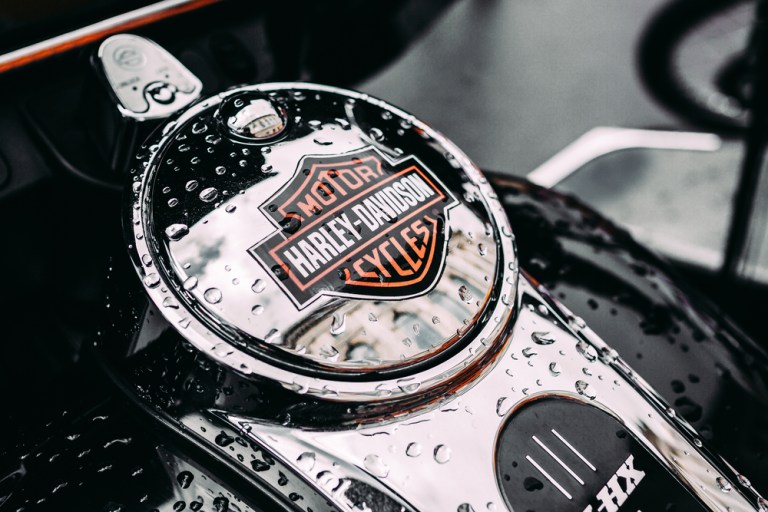The Trade War Will Hit Some Retailers Harder Than Others

The theory is that a strong U.S. economy — buttressed by record employment and enthused consumer spending — will mean U.S. business can withstand a trade war better than other nations.
The trouble at iconic American company Harley-Davidson shows why this protection will extend better to some firms than others.
This week the bike maker said it will be forced to shift some production out of the U.S. and into Thailand as a result of the steel and aluminum tariffs with which the EU has responded to U.S. tariffs.
Harley is not new to troubles — the brand has seen sales slipping for the last several years. But pressure on raw materials has come at precisely the wrong time for the brand as the spike in material costs will have very notable effects on their product. The European Union’s tariffs on American motorcycles, raised in retaliation last week to 31 percent from 6 percent, added $2,200 on average to the cost of a Harley.
Harley-Davidson has said it will eat the cost for the time being, but it will be quite a mouthful — as much as $100 million per year. And, because the company has publicly griped about the hit it is taking, Harley has drawn the ire of U.S. President Donald Trump, who blasted the firm on Twitter this week.
“Customers are already very angry at them,” Mr. Trump wrote on Twitter, noting that the brand may have just made its sales problems worse by complaining about the tariffs.
And, given changing consumer tastes, that is about the last thing Harley needs. In 2017, Harley-Davidson sold 148,000 motorcycles in the United States, by far its biggest market.
That figure represents an 8 percent downshift from 2016.
Harley has been trying to think beyond the home market and had seen some success in its recently bolstered international business. But, as of last year, even international sales fell below expectations, decreasing 4 percent from 2016.
That fall-off in business has hit the firm’s workforce hard: 800 jobs disappeared with the closure of a plant in Kansas City, Mo.
It is unknown if the tariffs prompted the additional move overseas or if Harley was planning on it anyway as a cost-saving measure and is simply handing the blame to the tariffs as cover.
But the problems Harley is facing are not unique, and, according to The New York Times, reveal the problem with the logic underlying the trade war: Not every brand can be counted on to just power through.